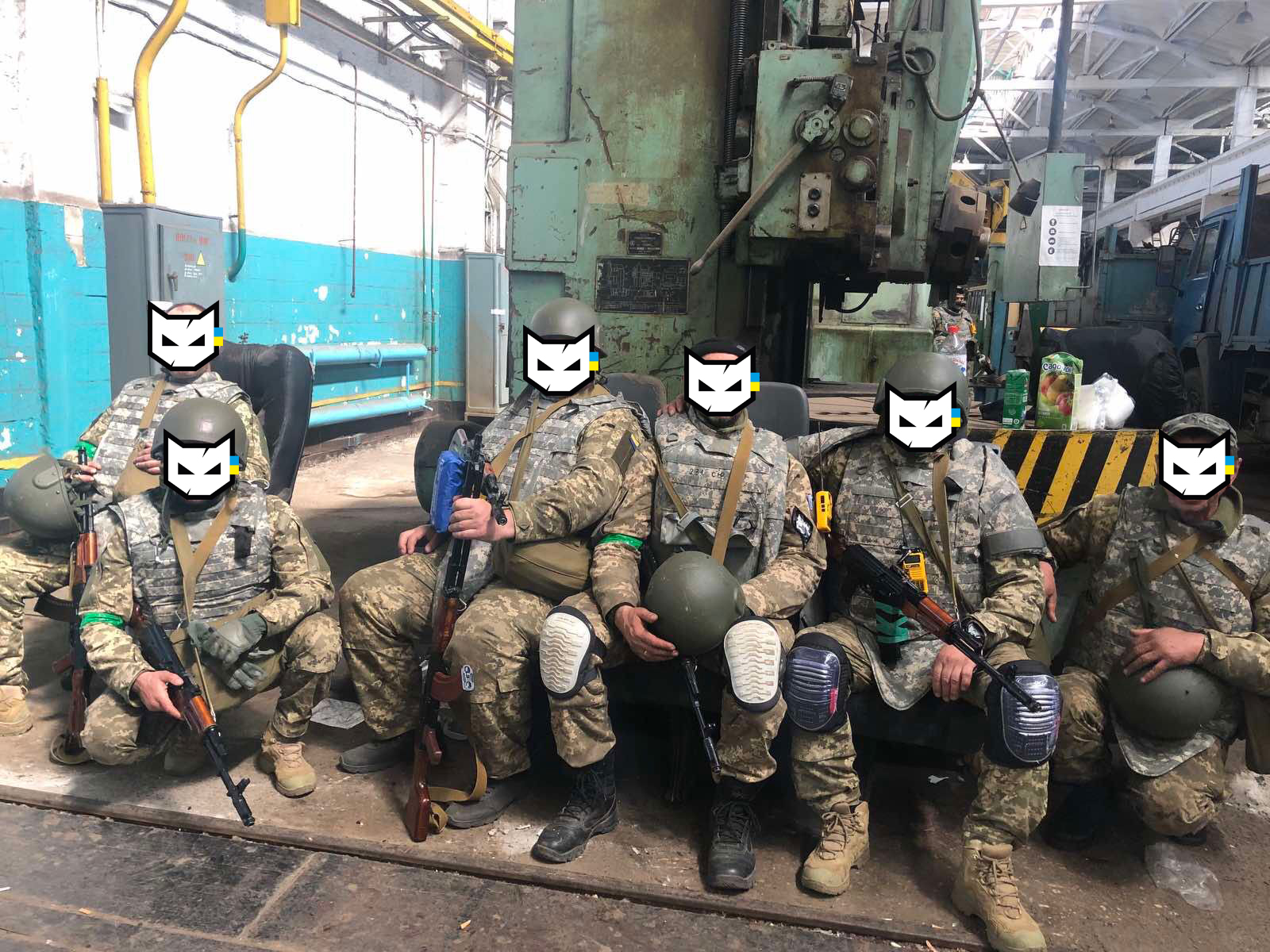
Last year, the phenomenon of war was perceived as a fact from the distant past. Society could somewhat imagine the daily life of civilians and soldiers during the war based on historical facts, documents, someone's personal diaries, etc. Then, we made certain conclusions about war, referring to documentary and feature films, books. As a result, a number of stereotypes were formed about the daily life of soldiers.
So, we are launching the "Notes from the Front" section to give society an idea of who the Armed Forces of Ukraine are, dispel certain myths about military service, and tell about its intricacies.
Since the fundamental position of the fund is the personal delivery of everything we collect, the stories presented will be from those we help.
So, in today's post, we talked to the soldier Balu (43 years old), who has been in the hottest spots on the eastern front.
"In civilian life, I was an ordinary builder and never fired an automatic weapon. But I realized that I had no choice — I had to volunteer and defend the country. Since I lived in Irpin, I first evacuated my family to the west of Ukraine. After that, on March 11, I joined the Armed Forces of Ukraine. My combat training lasted 30 days.
Probably the most intense moments of my service were in the Luhansk region. On May 25, a shell exploded a meter away from me and I suffered a concussion, due to which I spent some time in the hospital. And even though I am now the commander of a technical support platoon, that is, I am engaged in the repair of equipment and weapons in the battalion, many people with concussions continue to fight.
And I want to note that initially, the hardest thing is to get used to the constant shelling. But then you get so used to this routine that sometimes you don't even notice them, you can even sleep during the shelling. But despite this, the loud sounds and associations with them are so ingrained in memory that then you reflexively reflect on them in everyday life. For example, when I was in the hospital and heard a certain sound, I was under the bed in an instant. A similar situation occurred in a cafe when something fell in the room, and I was reflexively already sitting under the table.
War does affect your psyche in a serious way, you just don't notice it. Especially the sight of corpses and their smell stay in your memory. Also, every time I fall asleep, I dream of war.
But what I miss most is family. In a year, a soldier is given only ten days off. So a month ago I used all of them to visit my family.
As for the stories that are most remembered, I can share the following.
When we were liberating Toshkivka and Lysychansk, we were transporting the wounded out of there. And once I was driving, we drove onto the road, and there was a bunch of enemy soldiers, so I just hit the gas and we drove into them. They fired at us as we drove away, but luckily, they didn't hit us.
Once we were in the trenches for 18 days without a break, and some even more. We were in the field in such a way that we were on one side, and the Russians were 800 meters away on the other side. So when no one was shooting at night we could hear them talking.
By the way, once in the trenches we had a dog that helped us a lot. Because dogs hear ultrasound better, 30 seconds before the shelling, she would hide in a hole, thus signaling the upcoming danger to us."
***
So, to be able to listen to more stories in the future about how the occupiers are destroyed, we need to ensure the quality protection of Ukrainian soldiers' lives now.
So we remind you of the fundraising for plate carriers.
